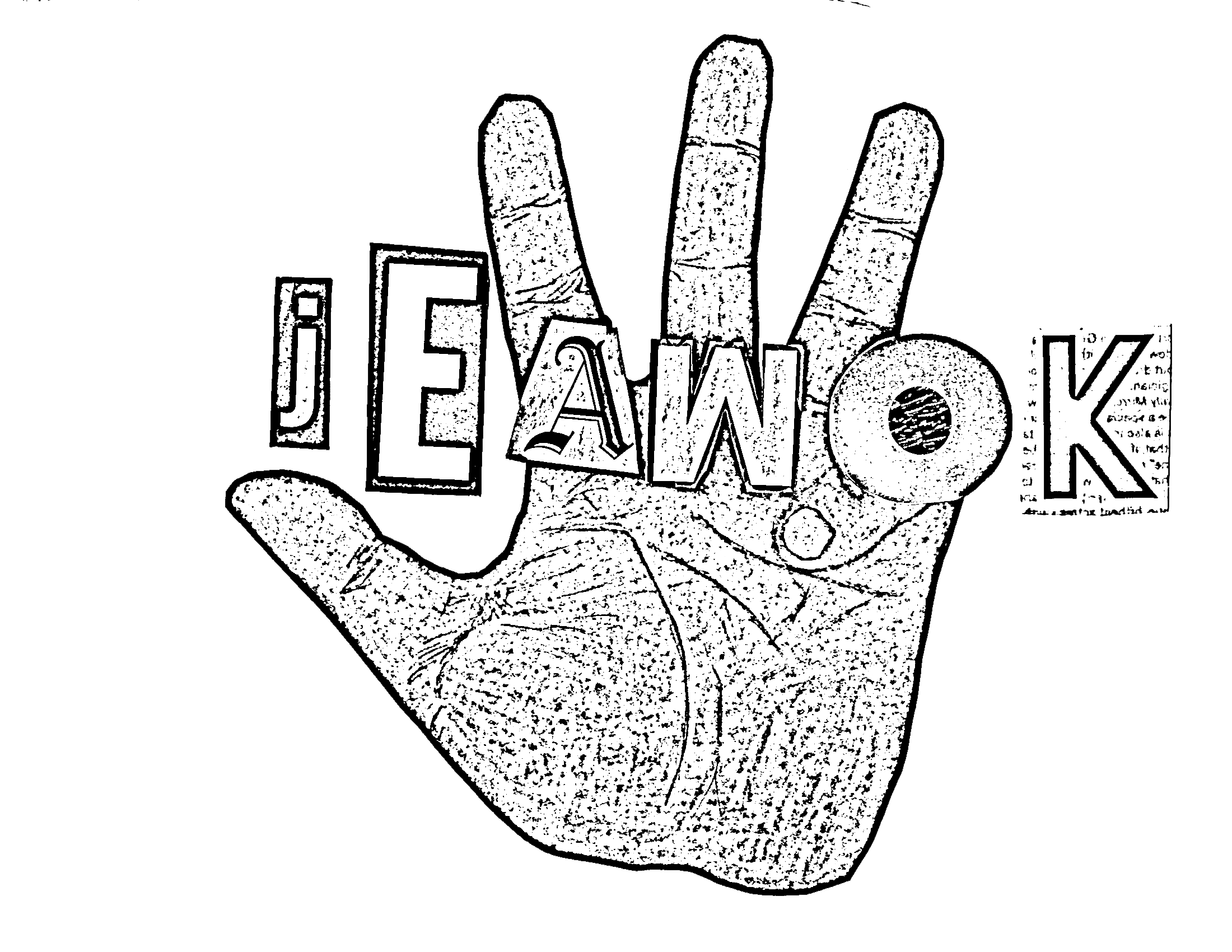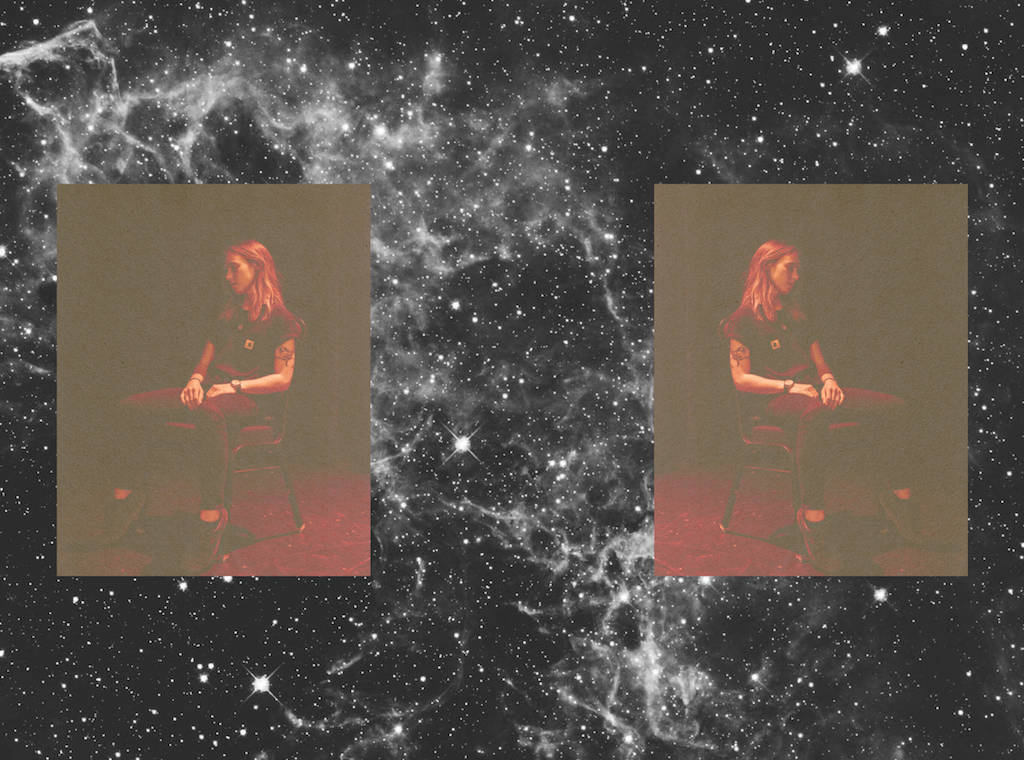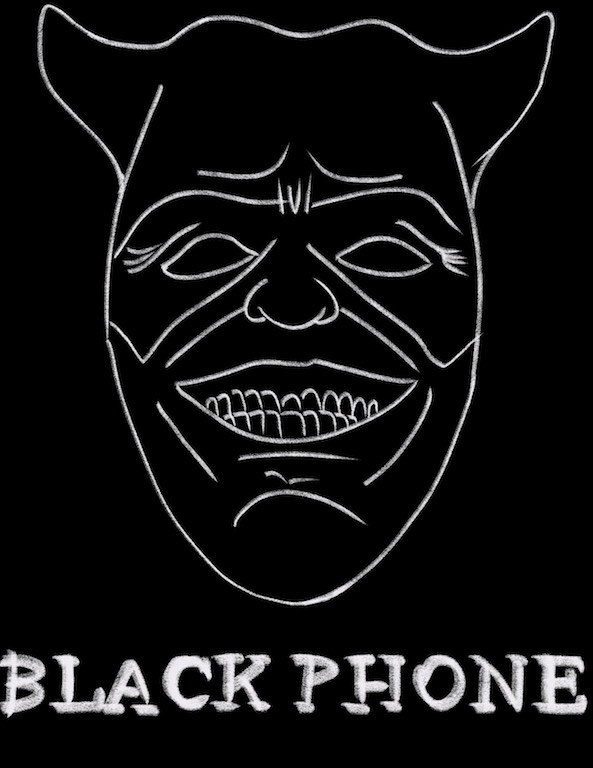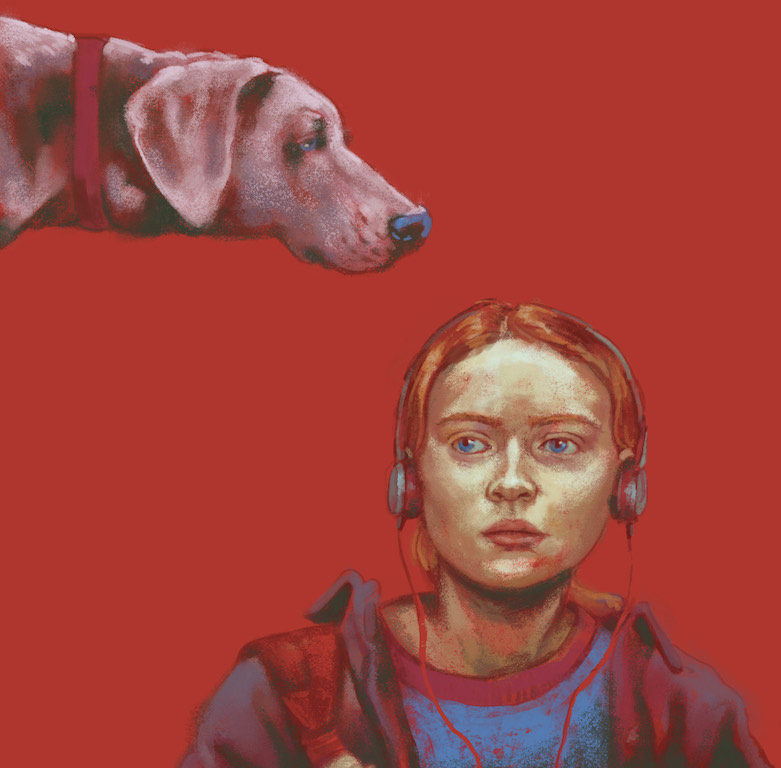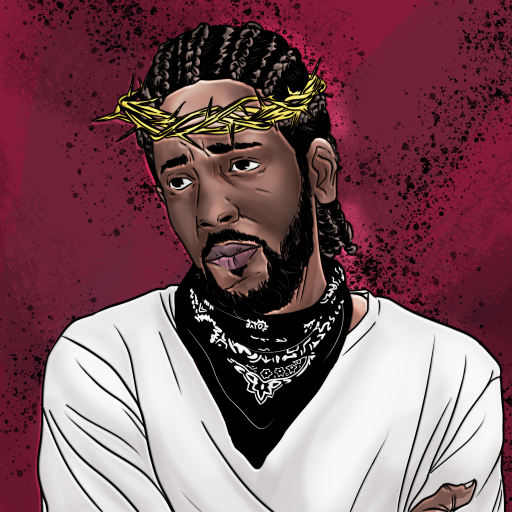(As the scrawl on the cover says, “There’s no glory in love, only the gore of our hearts,” once again we find Julien Baker turning the camera back at herself on Little Oblivions.)
Six years ago Julien Baker dropped Sprained Ankle and then followed it up with Turn Out the Lights only two revolutions around the sun later. After a brief stint with Boygenius (the supergroup she co-founded with Phoebe Bridgers and Lucy Dacus), Baker’s back with Little Oblivions, her second release through Matador Records.
Though Little Oblivions is not perfectly engineered, it is sonically so, and an unexpected, but much welcomed, detour from Baker’s previous two albums—the sparse, slow-burn electric guitar, no percussion tunes she’s mastered over the last half-decade have taken a backseat. Baker has transitioned to a full-band sound, but a full-band sound that is still only her. Playing nearly every instrument on the record, all while beckoning studio similarities to Todd Rundgren, Stevie Wonder, Prince, and Beck, Baker has created another album that is unequivocally all hers from every corner of the room, but this time it’s louder.
The writing on Little Oblivions echoes the same lyrical abasement from previous albums. “I wish that I drank because of you and not only because of me,” she sings on “Song in E,” a track where we find Baker pleading for an old flame to deliver the final blow of labeling their past relationship a mistake. But the writing on this album, which surrounds subjects sometimes too traditionally heavy to be done beautifully, is eloquent, brash, and patient. The percussion often builds at its own pace, and Baker’s waiting, to both turn her own voice inside out and compliment the swelling instrumentals, plays into the claustrophobic internalizing of self-deprecation, post-relapse, that the record so clearly exhibits on the listener.
Some will say Julien Baker is too hard on herself, and maybe she is, but Little Oblivions is her attempt at escaping relapse through admitting her faults—in a genre she has made completely her own. Whether she’s singing “Wish I could write songs about anything other than death” on Sprained Ankle, or ending Turn Out the Lights with “I think I can love,” the answer is clear: recovery cannot be contained in a specific quantity of time, and, sometimes, two albums aren’t enough space to tell our whole story.
Favorite Track: “Ziptie”
